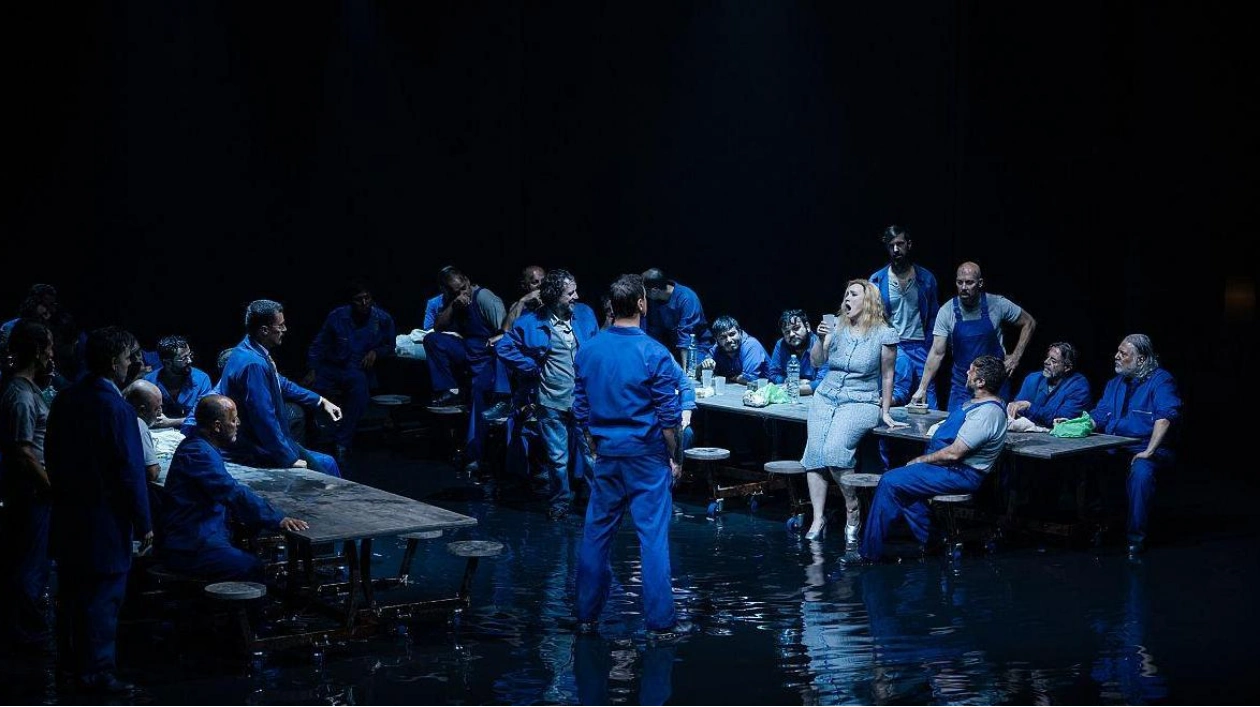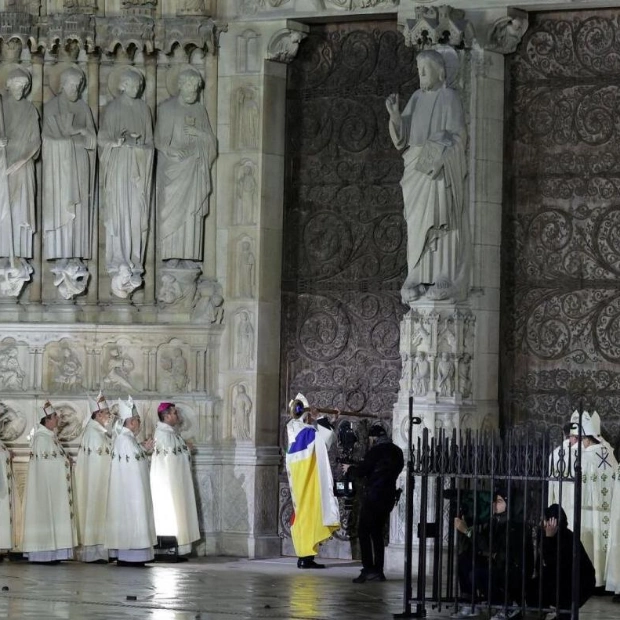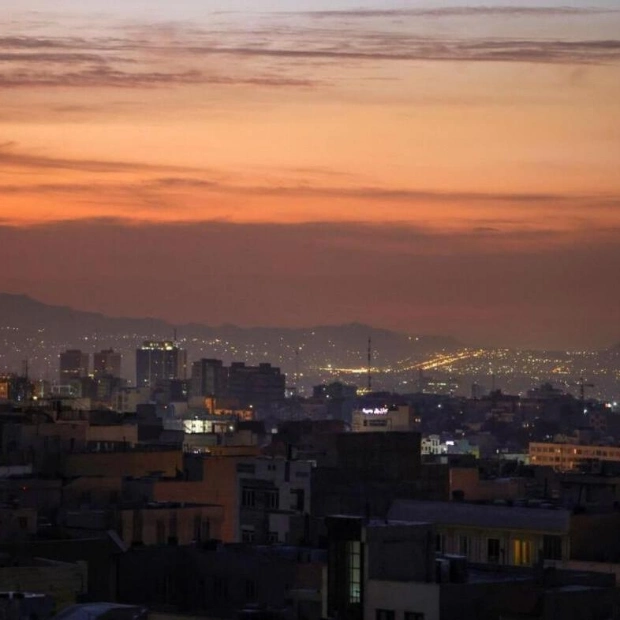Ten thousand liters of water flood the stage of the Gran Teatre Liceu, serving as a symbolic representation of the corruption, sexism, and murder that permeate the society in this powerful opera. The premiere of 'Lady Macbeth of the Mtsensk District' on Wednesday incorporated this innovative stage element, yet it did not overshadow the dramatic narrative of its protagonist, Katerina Ismailova. This four-act opera, co-written by Russian composer Dmitri Shostakovich and Alexander Preys, is based on Nikolai Leskov's novel 'Lady Macbeth of the Mtsensk District'. Set in 19th-century Russia, Katerina is trapped in an unhappy marriage with the wealthy merchant Zynoviv, who neglects her, possibly due to his homosexuality. She yearns for love and a new life far from the small town she inhabits. Her domineering father-in-law, Boris, exacerbates her misery. When she encounters the handsome laborer Sergei, she succumbs to a passionate affair, despite initial resistance. Her desire for freedom leads her to poison Boris using rat poison disguised as mushrooms. The plot intensifies when her husband unexpectedly discovers the lovers, leading to his murder as well. Freed from the two men who have tormented her, Katerina appears to be free to marry Sergei. However, their wedding plans are derailed when a drunken guest stumbles upon the husband's body. Katerina and Sergei are arrested and sent to a prison camp. Katerina is abandoned by Sergei, who seduces a young convict named Sonyetka. Faced with this betrayal, Katerina confronts Sonyetka, leading to a dramatic and fatal knife fight. Unlike 'Don Giovanni' or 'La Traviata', this opera does not feature singalong arias; its music is appropriately dark for a tale of tragedy. It challenges traditional perceptions of opera, perhaps pushing the boundaries of what opera should be. Alex Ollé, the artistic director of the Liceu Opera House, explains that Shostakovich aimed to depict a woman victimized by the patriarchal society of Stalinist Russia. The opera is set in the 20th century, with performers dressed in vaguely modern attire, possibly reminiscent of the 1950s. Ollé, a co-founder of the renowned La Fura dels Baus company, also directed the opening ceremony of the 1992 Barcelona Olympics. This version of Shostakovich's work includes controversial elements such as two sex scenes, masturbation, a gang rape, and three murders. The audience is left to ponder whether Katerina is a ruthless, immoral figure akin to Shakespeare's Lady Macbeth or a strong woman fighting against a suffocating patriarchal society. This ambiguity is what makes the work compelling. The water on stage is not used as a swimming pool but symbolizes the pervasive corruption and murder in the society. Ollé emphasizes that the water is symbolic, representing the involvement of everyone in corruption and murder, from the police to the workers and Katerina. Although first performed 90 years ago, Ollé asserts that the work remains relevant today, highlighting a woman subdued by patriarchal forces. The soprano Sara Jakubiak delivered an outstanding performance as Katerina, not only in her singing but also in her acting, bringing the character to life. The chemistry between Jakubiak and her lover Sergei, played by tenor Pavel Cernoch, was palpable. Alexei Botnarciuc powerfully portrayed the harassing father-in-law, Boris. Performed in the original Russian, the Liceu provided translations in Spanish, Catalan, and English, making the opera more accessible to the audience. While some parts of the theatre emptied after the first break, 'Lady Macbeth of Mtsensk' is not an opera for everyone's taste. It is a challenging work, but perhaps that is exactly what makes it worth experiencing. This well-paced opera kept the audience captivated until the end.

Text: Lara Palmer
27.09.2024
A powerful opera that challenges perceptions with its dark narrative and innovative stage design.





